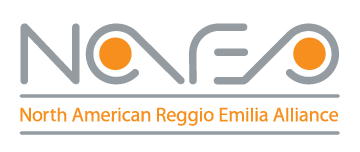The JK boys and girls have begun to move from simple interactions with each other to more elaborate and sustained exchanges. For young children, these exchanges are often observed during pretend play experiences. Of particular interest, is that, although these are activities of choice for many children, they also bring with them, conflict. Yet, in a classroom, conflict is natural and welcomed. This is the time and place for children to test out their skills of negotiation and learn about the give and take of conversation and materials.
Our PK students also love to participate in many forms of pretend play, including making “Nutella Pizza!”, playing dentist, flying and jumping like “Superman!”, and “sleepy time” under the cozy coats!
Young children learn by imagining and doing. The process of pretending builds skills in many essential developmental areas.
Social and Emotional Skills
When children engage in pretend play, they are actively experimenting with the social and emotional roles of life. Through cooperative play, they learn how to take turns and share responsibility and belongings. Children also build self-esteem when they discover they can be anything just by pretending!
Language Skills
Pretend play helps children understand the power of language. In addition, by pretend playing with others, they learn that words give him the means to re-enact a story or organize play. This process helps children to make the connection between spoken and written language — a skill that will later help them learn to read.
Critical Thinking Skills
Pretend play provides children with a variety of problems to solve. Whether it’s two children wanting to play the same role or searching for the just right material to make a roof for the playhouse, children are required to call upon important cognitive thinking skills that will be used in every aspect of life, now and forever.










I really like your writing style, wonderful information.